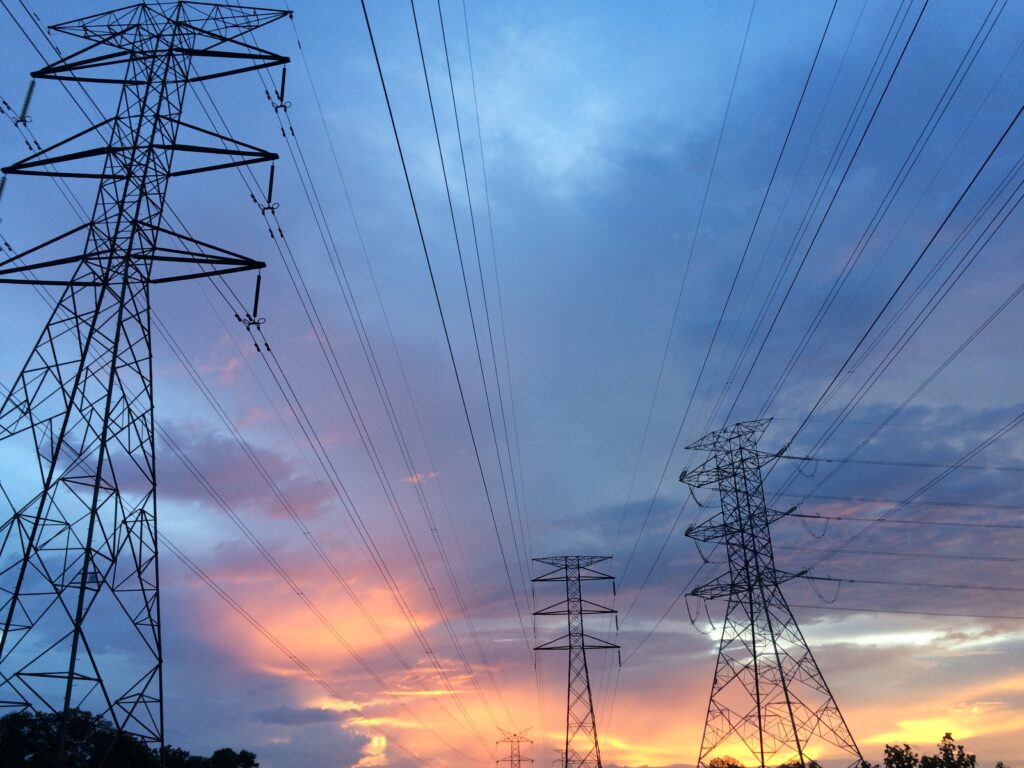Top #11 Trends in the Global Smart Metering Ecosystem to Watch for in 2025
Published on 8 January 2025

Humans are the only species that derive their energy requirement from both food and fuel. Since our first interaction with fire, perhaps as early as 1.5 million years ago, to the invention of the steam engine in the early 17th century AD, humankind has progressed by gaining control over energy. Our ability to control and use energy has been crucial for our survival and has allowed us to make great strides in engineering, technology, and finding new energy sources.
The 19th and 20th centuries saw some major inventions that shaped modern history. Steam power and electricity helped spur the Industrial Revolution. Thomas Edison proved electricity could be distributed through wires, and Russia’s nuclear power plant in Obninsk became the first ever to be connected to a power grid. Meanwhile, our dependence on fossil fuels has also increased phenomenally over these years. We now burn over 4,000 times the amount of fossil fuels burnt during 1776.
It is no wonder that the Anthropocene Epoch, the most recent period in Earth’s history when human action started to significantly impact the planet’s climate and ecosystems, experienced an extraordinary leap in human energy expenditure. A recent study puts it at ~22 zettajoules (ZJ), which is a 50% jump as compared to the previous Holocene Epoch.
The world’s dependence on energy consumption has increased over time, and will continue to increase, making it crucial to prioritize efficient and sustainable energy usage.

India’s per capita electricity consumption has significantly increased from 16.3 kWh in 1947 to 1255 kWh in 2021-22. With a total consumption of 1392 TWh in 2022, India is now the third-largest consumer of electricity in the world, only behind China and the United States. Factors, such as manufacturing growth, increased electrification of households and rail routes, and steep rise in global surface temperatures, have contributed to this growth. As our economy continues to grow, the demand for electricity is certain to further expand.
Of course, more energy usage directly translates to more carbon footprint, but India is determined to solve this challenge at the root level.

Notably, India’s rapid economic development has been coupled with an enormous expansion in the country’s carbon emission. In 2018, India emitted 3620 million tons of Green House Gases (GHG’s) which accounts for 7.3% of global emissions. Rampant GHG emissions are exposing millions of Indians to climate disasters, killing thousands due to extreme weather events such as heat waves, heavy flooding, and severe droughts.
Having said that, it is noteworthy to mention that India ranked 8th in the recent Climate Change Performance Index. This was possible due to many outstanding initiatives by the Government of India such as Perform, Achieve and Trade (PAT) for energy-intensive sectors, the Ujala Scheme for the distribution of 36.86 crore LED bulbs, measures for peak demand reduction, and annual reduction of 38.77 million tonnes of CO2 emissions.
India, as a signatory to The Paris Agreement, has embraced the SDG framework and is committed to acting on climate change. The Government of India launched the Revamped Distribution Sector Scheme (RDSS) with a goal to install 250 million prepaid smart meters by 2025. So far, projects worth 205.33 million smart meters have been approved and 43.5 million meters are awarded across 8 states. In total, 7 million smart meters have been installed under various schemes to date, 1.9 million of which are under the RDSS scheme. The RDSS scheme can turn the tide for the ailing power distribution sector.

You push a switch, and your fan starts to spin. Another push of a button and your computer is blipping – that is seamless. Isn’t it? Thanks to DISCOMs, we receive the power we need in our homes, businesses, and industries.
DISCOMs play a crucial role in the electricity value chain. As last-mile delivery agents, they are responsible for managing and maintaining the electricity distribution network, including poles, cables, distribution transformers, and substations. They also install and maintain meters, connect new supply points, read meters, and fix supply failures. Barring a few, DISCOMs in India have not been able to meet the rising demand.
DISCOMs in India currently operate with multiple challenges at every level, resulting in massive wastage of electrical energy. The challenges are rooted in the operational as well as infrastructural levels. This is particularly concerning as we already have to import expensive fuel to meet the demand for electricity. Approximately 22% of the generated power is being lost, resulting in massive deficits for the country. This percentage is expected to increase with the increasing demand for electricity. This not only leads to substantial financial loss but also erodes our natural resources and sustainability.
To counter the challenge of rising AT&C losses and inefficient operations to be able to distribute energy to the end consumer profitably, many DISCOMs are opting for Advanced Metering Infrastructure. Smart meters not only help save energy for consumers, but also help DISCOMs improve their financial situation. The outstanding debt of DISCOM in India is currently at Rs. 6.20 lakh crores. Improving the financial health of these companies is important for transitioning to clean energy and reducing carbon emissions on a large scale. The average billing efficiency in India is 85.94%, meaning that about 14% of electricity is not billed, resulting in a loss of Rs. 1, 12, 495 crores.
Smart Meters improve billing and revenue collection by reducing errors and costs associated with manual meter reading and data-entry. The EESL’s Smart Meter National Programme has demonstrated AT&C loss reduction of 11-36% and an average increase in DISCOM revenues of 20.5% in Haryana, NDMC, Rajasthan, Uttar Pradesh, and Bihar. This translates to Rs. 301 per meter, per-month increase in revenue. This improvement is attributed to the enhanced monitoring efficiency and accurate billing provided by smart meters.
The implementation of smart metering will benefit electricity distribution by promoting energy efficiency and potentially unlocking the benefits of a smart energy grid. Smart grids are energy grids that use advanced technologies to make them more efficient and intelligent. They integrate renewable energy sources and energy storage systems. This helps to reduce carbon emissions in urban areas and allows for better regulation of frequency and voltage deviations. Smart grids can also respond effectively during times when the energy load exceeds the generation capacity.
Smart grids will help India be more sustainable by providing reliable and sustainable power to urban areas, where a significant portion of the population will be living by 2035.
We must add that while smart metering is a crucial first step towards a sustainable future, there are still other actions required to safeguard and repair the environment.
Kimbal is one of the most trusted Indian OEMs at the forefront of building reliable smart meters and other technological solutions to support the transition of Power Distribution Companies towards a modernized, efficient, and smart energy distribution infrastructure.
Sadanand Kadiyam is a Senior Business Development Manager at Kimbal Technologies. Educated at the National Institute of Technology, Warangal with a bachelor’s in electrical and electronic engineering, he has worked in the smart metering ecosystem for the past 8 years.

Published on 8 January 2025

Published on 5 November 2024

Published on 31 October 2024
Your email address will not be published. Required fields are marked *